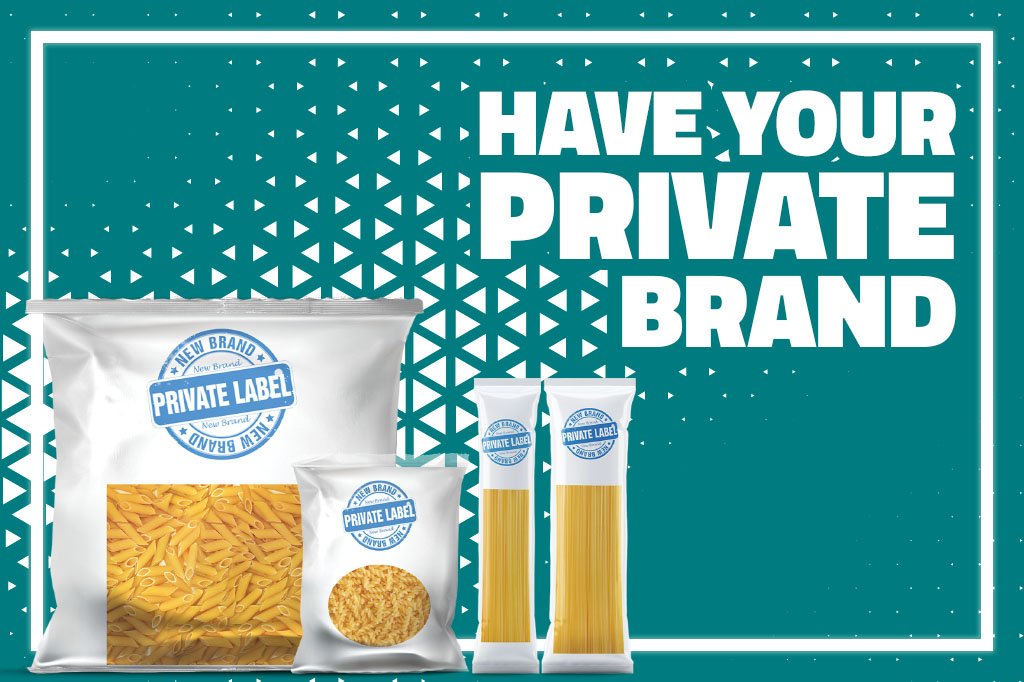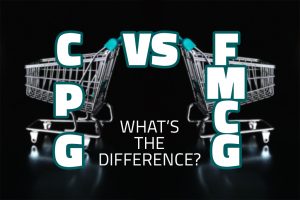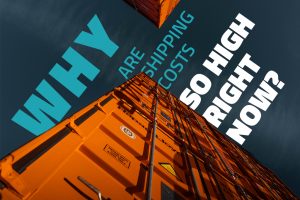
With each passing day the private label alternative becomes more attractive for retailer owners. With equal or superior quality, higher profit margins, high demand in the market, among other benefits, the private label is a good option to grow the business. This is because private brands work with the 13% most competitive price in at least 85% of the segments. To start your own brand, you need to choose a suitable product, know the costs that are characteristic of this market and negotiate with reliable suppliers.
Why should you private label and how this works
Private label is the activity of outsourcing the production of the product – so, one company is responsible for the production line while another is responsible for the distribution and also the ownership of the rights over the brand that is being marketed. Private label activity can take place in approximately any segment or product. Known examples of companies that are adept at using private labeling are Walmart (Great Value brand), Carrefour (Simpl brand, launched in 2020), Costco (Kirkland brand) and Nike.
In fact, at least 98% of consumers buy at least one type of private label. Revenue generated by the sale of private label products in the retail market in the United States of America during 2019 reached $5.47 trillion! And the expectation is that the market remains open for private label products. The forecast for 2024 is $5.94 trillion, this only in the United States of America.
Private label is beneficial for both sides; the consumers and the private label market. The consumers have access to quality products at affordable prices and the market manages to have significant profit margins. This results in greater adaptability even in scenarios of economic crisis.
What makes a good private label product?
The first step is choosing the correct product. While nearly any product can be used in private label, not all are a smart choice. Identifying the right product for private labeling is essential for the success and sustainably of the business. Consider the following factors when selecting the right product:
- Demand and market knowledge: Choosing high-demand, small-size products is an alternative to avoid preventable costs like, shipment and stock, that exceed expectations. Since the stock costs are high, preventing the product from getting stuck for a long time is beneficial for the sustainability of the business. Prevent these problems by talking to entrepreneurs who have been in market for a long time – they will know how to inform you of the difficulties and facilities so you can make the choice in an assertive way.
- Product type: The size of the product can influence the success of the business. Other factors that must be considered are:
- The durability of the product – especially when it comes to The durability needs to be a key point to prevent losses if the sale doesn’t go as expected. Prefer choices like dry pasta over of fresh pasta, for example.
- The size of the product – this matter can influence costs of both shipment and stock. Like the location of the supplier and the choice of the shipment line. If a supplier from another country is chosen (usually China for electronics, Egypt for food items, and so on) the buyer is responsible for the cost of shipping. Smaller items will cost less by reducing the number of containers.
- Key products – Go for products that are similar to each other, this way you can sell two or more products under the same brand. Diversity can be beneficial for revenue stability.
- Profit margin: Search for products that have high individual profit margin – this will allow revenue to move faster thus decreasing the possibility of loss. This choice can also increase the investment power of the company at an accelerated rate, being able to opt for bigger orders to obtain higher discounts from suppliers. Most wholesale suppliers offer discounts on big orders, Boom Plus for example can offer discounts of up to $ 3000 depending on the final amount.
Do not get attached to the product you are selling. Private label facilitates adaptability, since there is no need to purchase the production line and other costs as expensive as this. So, if the first product chosen does not have the precise solution for the sustainability of the business, the assertive decision to be made is to exchange the product. The focus is on finding the product that suits the local market and the needs of the company.
Understand the costs of private labeling
With the possibility of a higher profit margin and better results, the private label stands out as a good choice despite the fact that it is more than reselling products. The costs to start a private label business vary depending on the needs and peculiarities of each business. We have separated for this article those you are likely to encounter:
- Creation of the logo for the brand: Separate part of the budget for hiring a specialist designer to ensure the differential of your business. Don’t go for free creative software and always opt for exclusivity. A tip to minimize this cost is to search for suppliers that do the work of creating the logo. They are specialists in the market for this product with internal teams of designers dedicated only to branding, being able to guarantee the best possible result.
- Manufacture of the product selected by the company: Wholesale suppliers usually have a minimum order quantity (MOQ). This minimum quantity increases the cost of manufacture. Be sure to choose a product that fits your budget. In addition, suppliers also tend to charge more for the first purchase private label, because the manufacturing process for a new brand generates extra costs.
- Product shipment, usually from another country: The shipping cost is usually paid by the buyer. When choosing a supplier, pay attention to the individual price of the product and the location of the supplier. Choose those that have a lower shipping cost – Egypt, China and Turkey are examples of countries with low shipping costs and a strategic location for exporting.
- Storage: Be aware that products will not be sold immediately, so consider the prolonged cost of a stock. The place needs to be dry and cool, to ensure that the products will not spoil over time. For example, if the resale is made using Amazon, one possibility is to send the products directly to Amazon’s own inventory avoiding this cost.
These costs described are basic, at least those you will possibly encounter when starting a private label business but there may be others. Be aware of your budget before you start investing, to decrease the chances of loss.
Finding a strong supplier
Choose strong suppliers with market experience when dealing with private label. That way they can help and guide you in the right direction, solving most of the problems that can appear; mainly in the bureaucratic part of sending the goods.
Do a search and check prices, locations and experience and don’t buy from the first supplier you find! A tip is to always ask for free samples; most wholesale suppliers are used to sending free samples for just the cost of shipping. This is a guarantee of the quality of the product and the professionalism of that supplier.
One of the most common ways to search for suppliers is within the market itself, talking to entrepreneurs in the industry. But you can also search for successful products in the market and look for the supplier’s information in the package. Another very common and highly effective form is supplier websites. Alibaba is the most popular website in China, and you can find everything from electronics to foodstuff, with high reliability.
So you’ve decided to start your own private label business… now what?
Starting a private label business is not an easy or quick job; on the contrary, research and patience are required to make assertive decisions. What makes the market so attractive is the high success rate when these steps are followed with caution. Choose experienced supplier that knows how to create private labels and already had exporting to numerous countries of the world. Invest in the exponential growth of your brand with Boom Plus when considering export pasta or wheat flour!
Talk with our sales team and go for your own brand
- May 4, 2021
- 9:39 am
- One Comment
Related Posts

CPG and FMCG, are they the same?
Understanding this topic could be a bit hard because it could also be unclear the first time that you look for differences between CPG and

Why are shipping costs so high right now?
It’s not necessary to make the international trade segment notice that international shipments are facing a huge problem for more than almost one and a

Shapes and meaning of pasta name, curiosities about our pasta!
Did you already look at someone and told that person looks like “a Peter” or another specific name? No, yes?! If you do that, you
1 thought on “All you need to know about how to start a private label business”
Pingback: Should I private label my product? - Boom Plus | Pasta Manufacturers, Wheat Flour Supplier and Exporters, Pasta Brands, Pasta wholesale | B2B